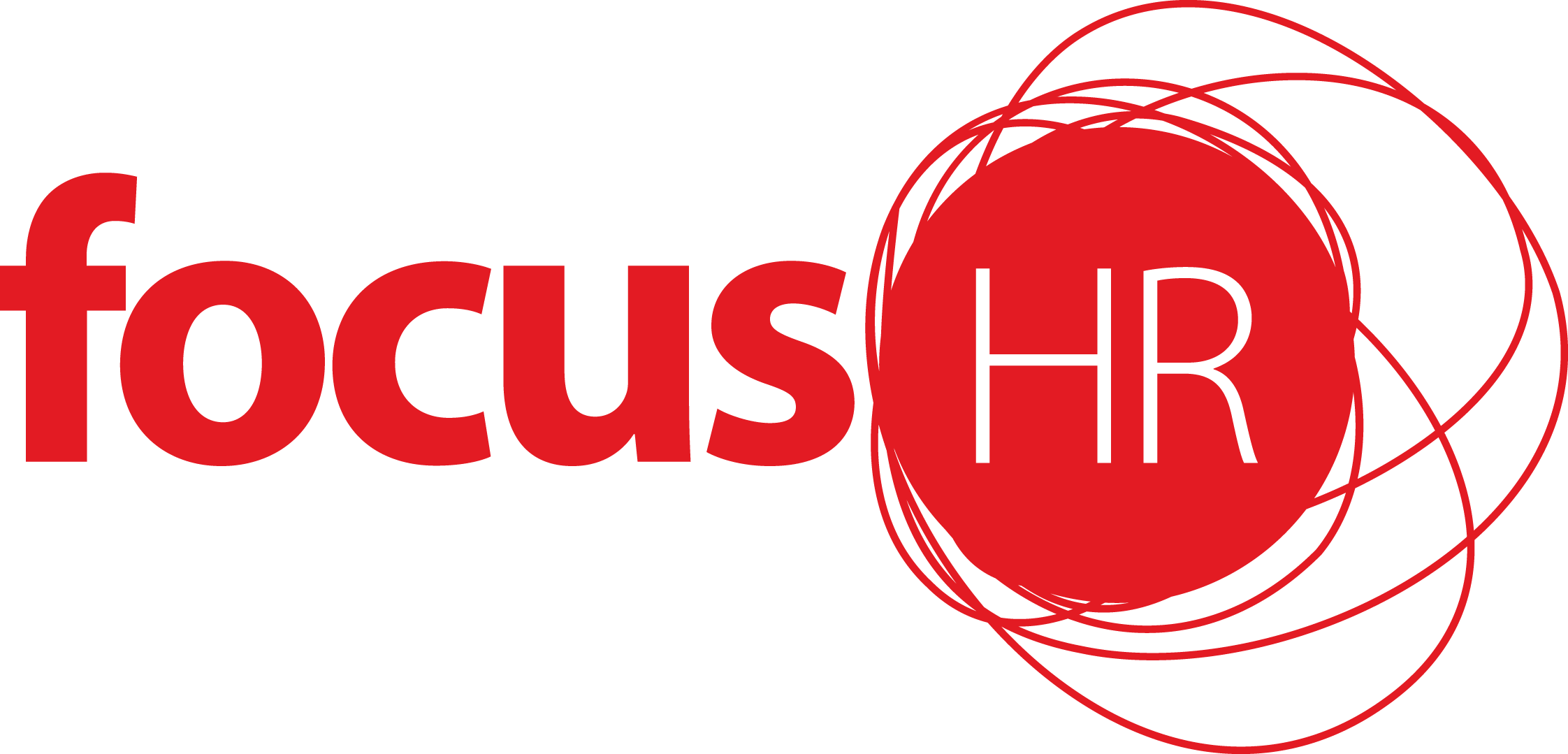At some point you may be faced with a complaint from an employee regarding the behaviour of another employee. While dealing with a complaint may seem relatively straightforward on paper, putting it into practice can be harder than it seems.
A well-managed complaints process can have a significantly different outcome to one that has been managed poorly. This was certainly the case in a recent Fair Work Commission case where an employer’s failure to address an employee’s complaint of sexual harassment in a timely manner resulted in the employee resigning from her position and later winning the right to file for unfair dismissal as she was in a position to have no other choice but to resign.
So how do you manage an employee complaint?
Often it is difficult to know where to start, but responding in a timely manner is key. We see 4 key stages to handling complaints:
- Acknowledge and seek to understand – acknowledge the information that the person has provided and thank them for bringing it to your attention. Ask as many questions as you need to gain a full picture of what their concerns are. Assure them that you will take the matter seriously and will consider what the next appropriate steps may be. It is also important to ask what outcome they are seeking and what resolution processes they might be comfortable with (more on this below).
- Decide – consider all of the information and decide on the next steps – this may be organising mediation, starting an investigation, and sometimes even suspending an employee where there is a potential risk.
- Act – regardless of the next best step, it is crucial to take some action when receiving a complaint. Either implementing the mediation or investigation, checking in with the employee if they were going to have a conversation themselves, providing training, or sometimes it is as simple as letting the complainant know that no immediate action is required.
- Close the loop – be transparent about the process – depending on the complaint, keep the relevant parties updated on the progress of the complaint but be mindful to safeguard the privacy of the individuals involved, this includes reminding individuals of confidentially requirements and the consequences of not complying. Be sure to notify parties once the complaint has been resolved.
The Complaints/Grievance Handling Policy
Good complaint handling processes start with having a reliable internal policy. Implementing an employee complaints or grievance policy is a good way to ensure both you and your employees know what to do and what to expect once a complaint is made / received.
A good policy should:
- Define what complaints/grievances/conflicts are.
- Identify the contact person or team who employees can speak to to discuss their complaint / concern. That person/team needs to be skilled in receiving complaints, knowing the right questions to ask and knowing when to encourage the employee to speak to their direct supervisor / manager in the first instance.
- Clearly define the roles, responsibilities and expectations of all parties involved (management, the person making the complaint, the person the complaint is about, and any witnesses).
- Outline what options are available for resolution which might include:
- Informal resolution – in some situations it may be appropriate to consider informal resolution by sitting down and discussing the matter with the employee. Informal resolution may also involve an impartial third person who can assist parties to find a resolution by talking to each other.
- Formal resolution – for more serious complaints (e.g. complaints of discrimination or harassment) or where informal resolution has not been successful, formal resolution (whereby a written complaint is provided) should be utilised.
- Educate on what each party can expect from the process.
- Establish what avenues are available should a resolution not be found.
- Warn all parties against the risk of vexatious claims and victimisation.
One final tip: Sometimes people just want to vent but every complaint should be taken seriously and it is ultimately management’s decision what the right way to handle a complaint is. Do not promise the not act on a complaint – if it is a serious enough matter you may have a legal obligation to do so; similarly, just because an employee demands an investigation, your role is to impartially consider the content of the complaint and decide on the most appropriate course of action.
Don’t make the mistake that NVMAN did and overlook complaints and the importance of resolving matters you become aware of in a timely manner. If you would like further information on ways of managing employee complaints or need assistance with a reliable policy please contact us.

